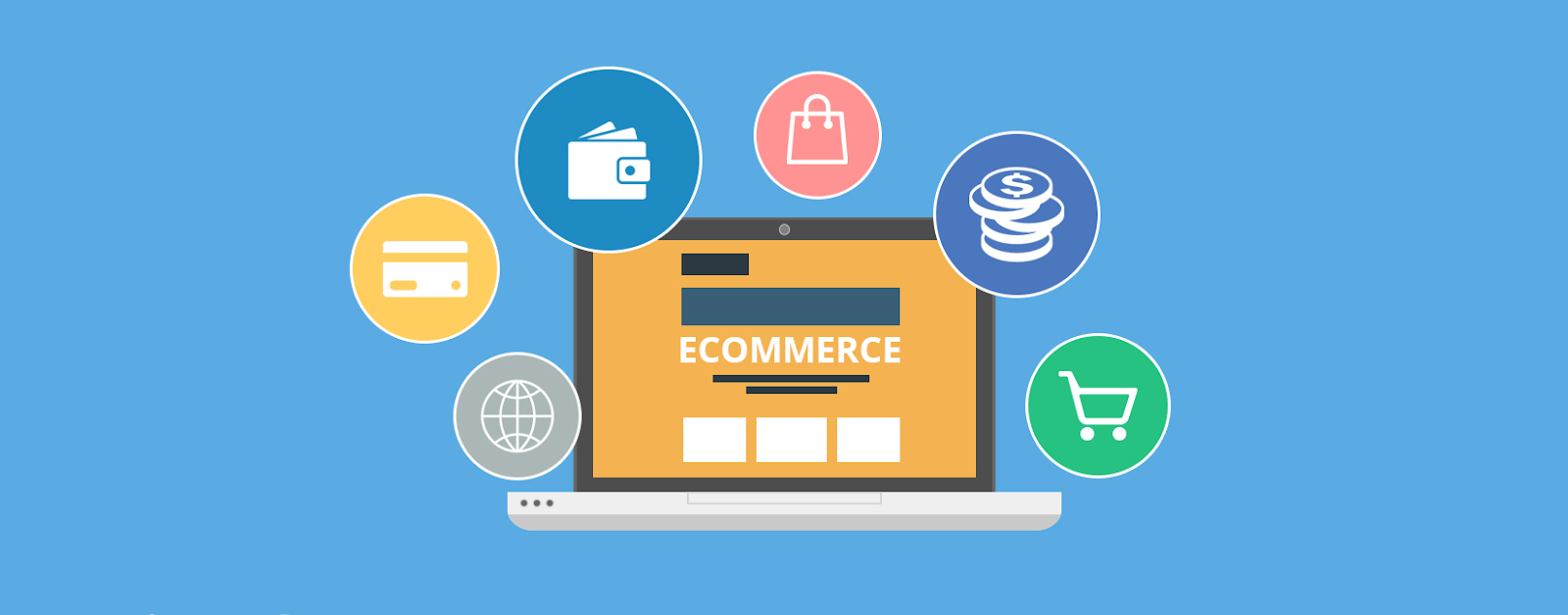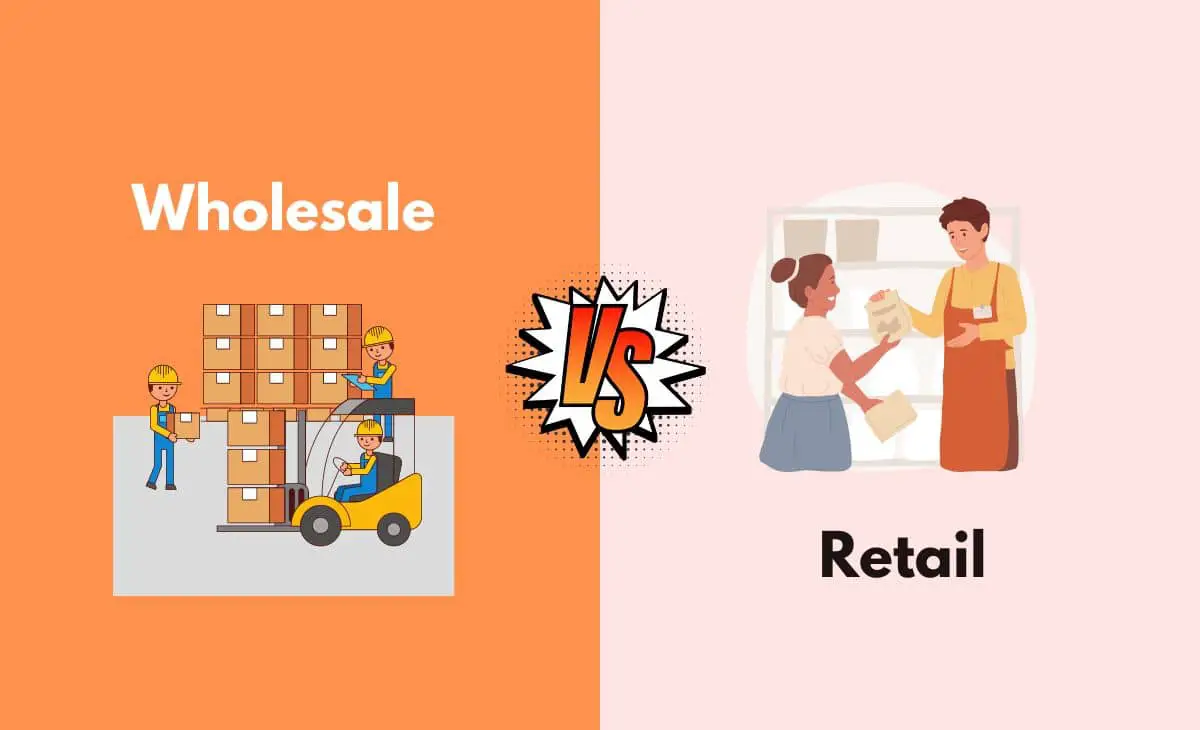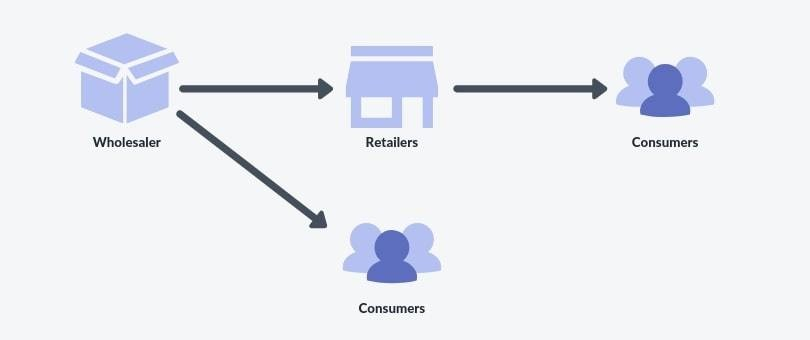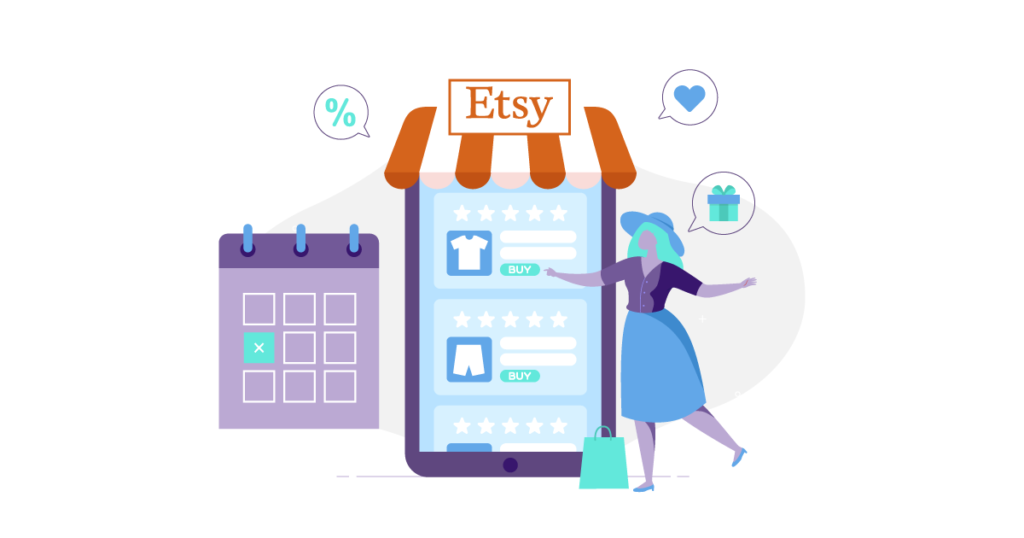How to implement Cookie Consent for GTM & Google Analytics in Magento Under GDPR?
Implement cookie consent for GTM & GA4 in Magento under GDPR. Step-by-step guide using Google Consent Mode v2 to avoid fines and maintain analytics.

In today’s dynamic and interconnected world of commerce, opportunities to embark on entrepreneurial ventures abound. One intriguing avenue that has gained considerable traction is reselling. But what exactly is an eCommerce reseller, and how can you harness the power of online platforms to establish and thrive in a reselling business? This article delves into the fundamentals of reselling, shedding light on what it entails and providing a comprehensive guide on how to kickstart your own reselling enterprise in the vast realm of the internet.
An eCommerce reseller is an individual or business entity that purchases products or services from a manufacturer, distributor, or wholesaler and then sells them to consumers for a profit. eCommerce resellers act as intermediaries in the supply chain, bridging the gap between producers and end-users. They typically buy products in bulk or at a discounted price and then sell them at a higher price to make a profit. Starting a reselling business online involves several steps:
Choose your niche: Select a niche or product category that you are knowledgeable about and passionate about. It’s crucial to understand your chosen market to make informed decisions.
Market research: Conduct comprehensive market research to identify the demand for products within your selected niche. Analyze your competition to understand their pricing, marketing strategies, and customer base.
Legal requirements: Register your business and obtain any necessary licenses or permits. The specific requirements can vary based on your location and the nature of your business.
Business plan: Create a business plan outlining your business goals, target audience, sourcing strategy, pricing strategy, and marketing plan. This plan will serve as your roadmap.
Source products: Find reliable suppliers or wholesalers from whom you can source products. You can explore various options like local wholesalers, online wholesale marketplaces, or direct relationships with manufacturers.
Set up your online store: Select an e-commerce platform or website builder to establish your online store. Popular options include Shopify, WooCommerce (for WordPress), BigCommerce, and Magento. Customize your store’s design, add product listings, and set up payment and shipping options.
p

Read more: 13+ best magento SEO services that boost your organic traffic and ranking
User Experience Solutions for Magento 2
Significantly improve shopping experience for your online store| Aspect | Wholesale | Retail |
|---|---|---|
| Scale of Sale | Large quantities (bulk) | Smaller quantities (individual items) |
| Target Customers | Businesses, retailers, wholesalers | Individual consumers |
| Pricing | Lower per unit (discounted) | Higher per unit (marked up) |
| Packaging | Plain or generic packaging, not consumer-focused | Consumer-friendly packaging, branding |
| Minimum Orders | Often have minimum order requirements | Typically no minimum order requirements |
| Sales Process | Often involves negotiation, B2B relationships | Geared toward consumer shopping experience |

In essence, wholesale and retail represent two different stages in the supply chain, with wholesale focusing on bulk sales to businesses and retail targeting individual consumers with smaller, ready to use quantities of products. The pricing, packaging, and sales processes for each are tailored to their respective customer bases and quantities sold.
eCommerce Resellers acquire products from various sources, depending on their niche and business model. Here are some common places where eCommerce resellers can acquire products:

Read more: 12+ best real estate marketing tools to try in 2023
Online marketplaces have witnessed explosive growth in recent years. The convenience they offer to both sellers and buyers has contributed to their popularity. For sellers, these platforms provide access to a massive customer base, simplified logistics, and tools for effective marketing. For buyers, they offer a wide array of products, competitive pricing, and the convenience of shopping from anywhere with an internet connection. Let’s learn about some of the prominent online marketplaces where sellers market their products:
Amazon is a global e-commerce giant that needs no introduction. With millions of products listed across various categories, it attracts a vast and diverse customer base. Amazon offers sellers the option to fulfill orders themselves or leverage Amazon’s vast fulfillment network through Fulfillment by Amazon (FBA). The latter allows products to qualify for Amazon Prime, a major selling point for customers.
eBay is renowned for its auction-style listings, where sellers can set starting prices and allow buyers to bid. It also offers fixed-price listings. eBay is particularly popular for unique, collectible, and vintage items. It provides sellers with robust tools for creating listings and managing their e-commerce business.
Etsy is a niche marketplace specializing in handmade, vintage, and craft products. It has garnered a dedicated following of buyers seeking unique and artisanal items. Sellers on Etsy often operate small, independent businesses, creating a sense of community within the platform.

Alibaba is a global B2B platform connecting manufacturers and wholesalers with buyers worldwide. While it primarily serves businesses seeking bulk orders, some sellers source products from Alibaba to resell on other platforms. It is a valuable resource for businesses looking to import goods.
Walmart, a major brick-and-mortar retailer, has expanded its online presence and offers a third-party marketplace. Sellers can access Walmart’s extensive customer base and leverage its reputation for everyday low prices.
Shopify is not just a marketplace but an e-commerce platform that empowers businesses to build their online stores. Sellers can use Shopify to set up their branded storefronts, manage inventory, and handle payments. The platform provides flexibility and customization options. Read more: Why Shopify is one of the best eCommerce platforms for SEO?
Target , like Walmart, has an online marketplace where third-party sellers can list their products. It is known for its focus on quality and style, making it a suitable platform for certain product categories.
Best buy marketplace is geared toward electronics and technology products. It allows third-party sellers to tap into a tech-savvy customer base.
Home improvement enthusiasts and contractors often turn to Home Depot and Lowe’s for tools, appliances, and building materials. Both retailers offer online marketplaces for third-party sellers.
Beyond these giants, numerous niche marketplaces cater to specific product categories or interests. For instance, Zazzle specializes in customizable products, StockX is a marketplace for sneakers and streetwear, and Reverb focuses on musical instruments.
When starting an eCommerce reseller business, it’s essential to conduct thorough market research, choose a niche for your interests and expertise, and focus on providing excellent customer service. Additionally, building a strong online presence and effective marketing strategies are key to the success of your reselling venture. Here are some eCommerce reseller business ideas that you can consider:

Starting a reselling business online can be a profitable endeavor if you select the right niche, source quality products, and effectively market your offerings. It’s essential to research your market, build a strong online presence, and provide excellent customer service to succeed in the competitive world of e-commerce reselling. Additionally, staying informed about industry trends and continually improving your business operations is crucial for long-term success. Reselling is not just about buying and selling; it’s about building relationships, understanding markets, and constantly evolving to meet the demands of an constantly changing digital landscape. With determination, a keen business sense, and a willingness to learn and adapt, your reselling venture can evolve into a thriving online business that not only generates revenue but also fulfills your entrepreneurial aspirations.